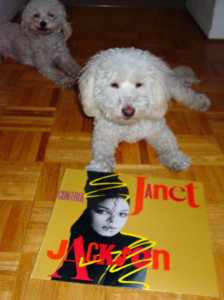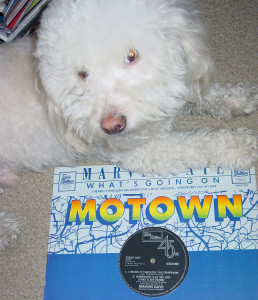On October 24, 1963, The Beatles were in Stockholm, Sweden on the first day of their first foreign tour.
On October 24, 1963, I was born.
Both of these events turned out to be remarkably influential on the culture.
The Beatles, who synthesized American rock & roll with various British music traditions, moved popular music to a whole new place, expanding the types of song structures and lyrical content heard in the hit songs of the day and opening the floodgates for many British bands to prosper around the world.
Using the medium of stand-up comedy, I went to blue collar towns and meetings of Catholic senior citizens and told them of my travails same-sex dating. Just like the USA and Sweden and other parts of the world were exposed to what was happening in Liverpool, so were the people of Allentown, Pennsylvania exposed to what was happening in my love life, which believe me, wasn’t much. The Beatles and I opened peoples’ minds to a world beyond their own. They delivered their message to 55,000 people at Shea Stadium, while I delivered mine to a couple dozen folks at Bananas of Poughkeepsie. I also played to sold-out crowds at Caroline’s on Broadway and StandUp NY, but it’s not my nature to brag about such things. I’m the quiet Beatle.
On October 24, 1979, I turned 16 years old. That same day, Paul McCartney received a medallion commemorating his achievements in music. Having written or co-written 43 songs that sold over a million copies each between 1962 and 1978, he was named the most successful composer of all time. While working on the Licensing departments at Sony, Zomba and Warner, I licensed recordings to 43 Now That’s What I Call Music compilations that sold over a million copies each. It’s like Paul McCartney and I are twins.

Today, Sir Paul McCartney (he was knighted by Queen Elizabeth II in 1997, something we don’t have in common. I am not a British citizen, and therefore not eligible.) turns 72 years old. The Beatles’ recordings are not on Spotify, so I’ve worked around that minor inconvenience to create this playlist of some of the finest songs McCartney composed or co-composed.






